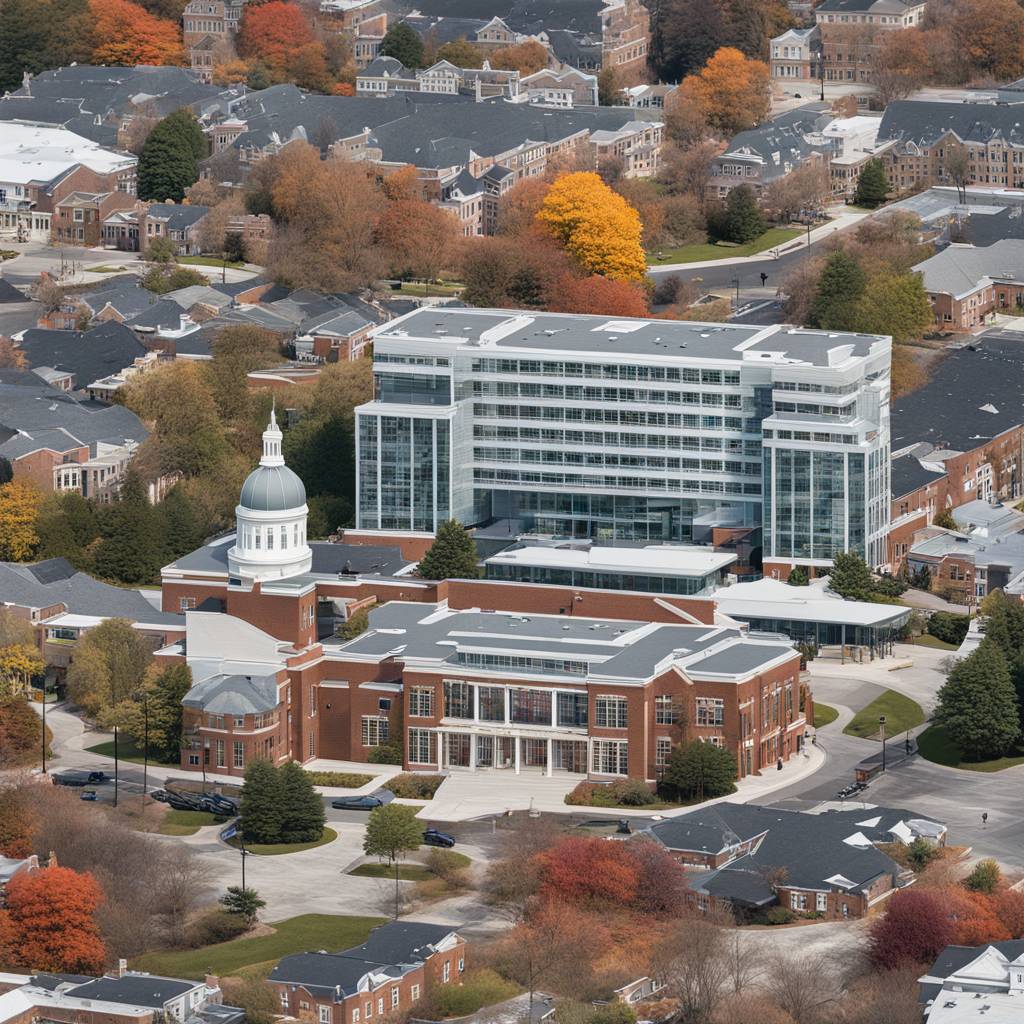Some Democrats in Maryland are concerned that proposed tax and fee increases in the state Legislature could potentially boost former Governor Larry Hogan’s chances of winning a Senate seat. Hogan, a popular moderate Republican, is expected to face either Rep. David Trone or Prince George’s County Executive Angela Alsobrooks in the upcoming general election. Democrats fear that the revenue package could cost them their already-narrow majority and help the GOP gain ground in the Senate race.
Hogan’s popularity in Maryland was largely due to his opposition to tax increases, which resonated with voters during his upset victory in 2014. He has been quick to criticize the proposed revenue package, warning that it could result in job losses and harm families already struggling due to inflation. The Governor’s stance against tax hikes has made the Senate race in Maryland unusually competitive, with Hogan remaining a popular figure in the state according to recent polls.
Some Democratic lawmakers argue that now may not be the right time to implement tax and fee increases to fund transportation and education, as it could lead to political backlash. However, others believe that urgent action is needed to address the state’s transportation funding problems, which were exacerbated by Hogan’s alleged neglect of the Transportation Trust Fund. Maryland Democrats are also concerned about the long-term implications for the state’s future, particularly in terms of federal support and infrastructure projects.
Despite Maryland being heavily Democratic, Hogan’s past success in statewide races has made him a formidable opponent. While the Democratic party typically has strong majorities in the state, Hogan’s ability to appeal to a tax-weary electorate has made this Senate race more competitive than usual. With the upcoming election, Democrats are wary of losing their majority in the Senate and facing challenges in implementing their legislative agenda, particularly in light of the recent budget disputes and proposed tax hikes.
Governor Wes Moore has submitted a balanced budget plan for the upcoming fiscal year without tax increases, highlighting the challenges of reaching a consensus on revenue sources. The legislature has been divided on how to address revenue shortfalls, with the House proposing tax increases and the Senate largely rejecting these measures. The budget negotiations have stalled, leading to an extension of the legislative session to resolve the differences and avoid a government shutdown.
The collapse of Baltimore’s Francis Scott Key Bridge has underscored the critical need for transportation funding and infrastructure investments. This incident has added urgency to the budget negotiations, with lawmakers grappling with how to address revenue shortfalls without alienating voters. The outcome of these discussions will likely have implications for the upcoming Senate race and the balance of power in Maryland’s political landscape.


